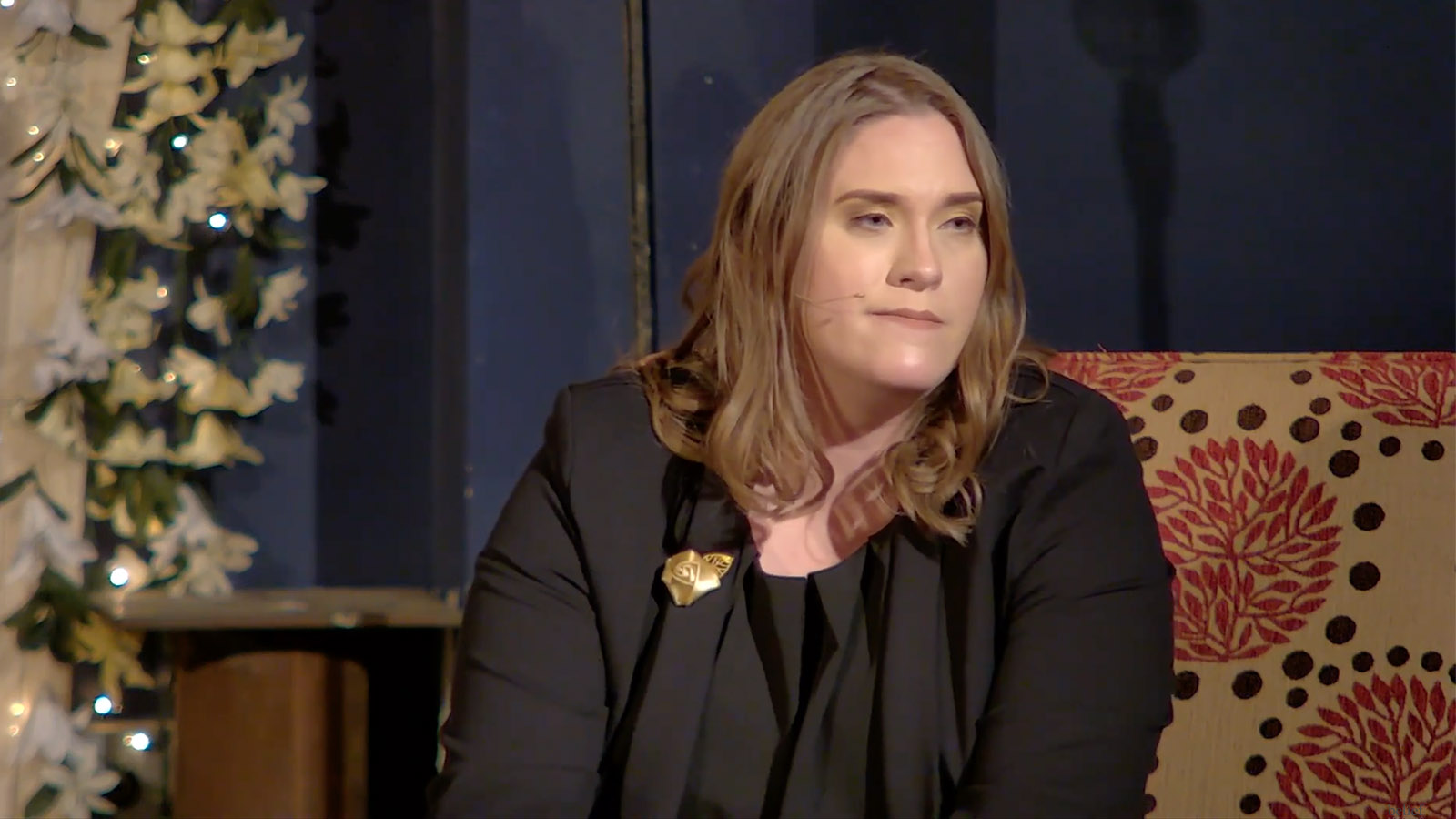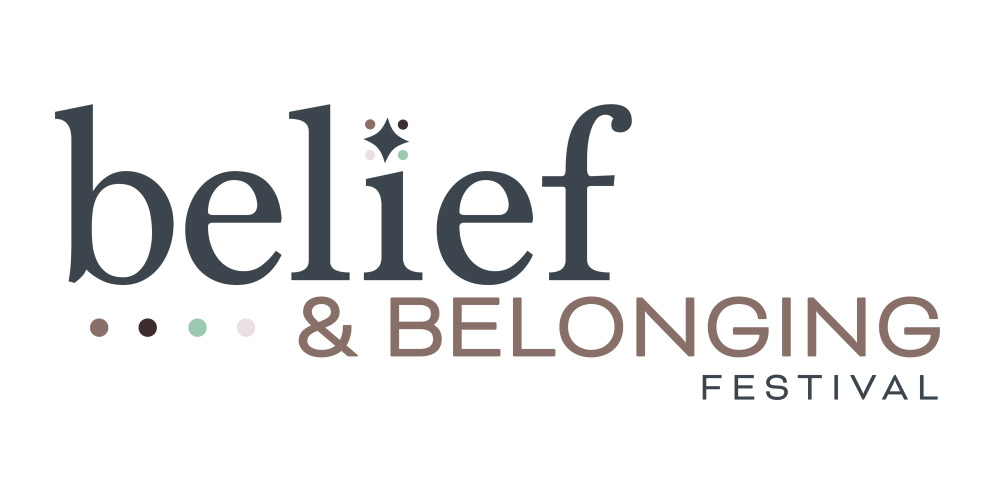(RNS) — Michael Liga was a student at Truett Theological Seminary in Waco, Texas, when a terrorist bombing 8,000 miles away killed 20 people and injured more than 100 in his hometown in the Philippines. The attack, later claimed by affiliates of the Islamic State group, came as Sunday Mass was being celebrated on a late January morning in 2019 at the Cathedral of Our Lady of Mount Carmel on Jolo Island.
Walking home from class far from his family, Liga scrolled through WhatsApp messages about the attack. “Some of the deaths included family and friends, people who took care of me when I was younger, my mom and dad’s teachers, and friends who supported my family,” Liga told Religion News Service. “I remember my aunt showing me pictures of bodies decapitated and it was so traumatic. It brought a lot of anger, sadness, numbness.”
Liga, now a hospice chaplain at the Mayo Clinic in Minnesota, wrestled for years with spiritual questions, trying to make sense of the attack, but he had never talked about them publicly. Then, in November, he was invited to speak at the Belief and Belonging Festival in Waco, an event dedicated to exploring the notion that when our beliefs shift, it changes how we fit into our belief communities.
The festival is the brainchild of Sharyl West Loeung, a consultant on social change who has worked on diversity and inclusion issues at Baylor University and for the Baptist General Convention of Texas, and Kristen Donnelly, a sociologist and founder of the corporate training firm Abbey Research.
The two friends, who had met in seminary at Truett in Waco, had dreamed up the festival early in 2022 while West Loeung was visiting Donnelly in Philadelphia and a winter storm hit. They spent the time dreaming up a forum that could get to themes about Americans’ evolving beliefs and their changing notions of belonging, conversations they felt were missing in civic life.
“In my experience, there are two basic platforms — stages for nonreligious content, and religious conferences that want nothing too political, personal or issue-based,” West Loeung told RNS.

Sharyl West Loeung presents at the Belief and Belonging Festival in Waco, Texas, in November 2022. Video screen grab
To fill this gap, West Loeung and Donnelly, both TEDx veterans, wanted to create an event where people could explore experiences that were inclusive and diverse and that broke open participants’ and audiences’ assumptions about their faiths and what it means to belong or to leave them.
“Even if we vehemently reject a religious tradition of our childhood, the very nature of acting in antithesis of that system still leaves us orienting around it,” said West Loeung. “If we’re going to be so shaped by our religious traditions, rejection of religion, former traditions or quest for a new worldview that fits, we should learn how to talk about all these things openly in our community settings.”
In the inaugural festival in November, held at University Baptist Church in Waco, educator and author Mariah Humphries talked about navigating between her Native American and Christian identities. Sofi Hersher Andorsky, founder of Grand View Strategies, spoke about the lessons she learned about pluralistic democracy while preparing her Jewish wedding.
Noor Saleh, a government relations coordinator at Minaret Foundation, a Muslim civic organization, encouraged the audience to talk to people different from themselves to replace their biases with those people’s stories.
In a recent interview, Saleh told RNS that she has cultivated a passion for engaging people who think very differently from her, for the sake of advocating for policies such as child welfare and food security that should not be partisan issues. “Once you reach across divides and start creating those relationships,” Saleh said, “you realize that they’ve got opinions and I disagree with many of them, but I also have to recognize that this is the way they’ve experienced the world, which is different from the way I’ve experienced the world, and we can find common ground,”
Not all of the presentations were TED-esque: Poems were offered by Bob Left-Foot and Saddiq Granger, the latter accompanying himself on violin in a piece titled “Fate.” Marcus Hollingsworth, a high school teacher in Grapevine, Texas, concluded his talk about the role of Baptist hymns in his journey to reconcile his sexuality with his family and his faith by singing a soulful bass rendition of “My Shepherd Will Supply My Need.”

The Belief and Belonging Festival logo. Courtesy image
Liga had known West Loeung when she was at Baylor working in interfaith campus ministry, They had had conversations then about his evolving understanding of Islam during his time in Texas, and she invited him to close the festival as the last speaker. Describing his experience of the 2019 terrorist attack in his hometown and the violent history of Muslim-Christian relations in the Philippines, Liga used the extended metaphor of Japanese Kintsugi — the art of repairing broken pottery with gold lacquer to make something more beautiful out of something broken.
Liga told of meeting a Muslim woman in the interfaith group at Baylor and forging a friendship even as he was still struggling to trust members of the religion he had known as a group that had killed people he knew and loved.
As the Muslim woman and he became closer, Liga shared his feelings of anger and mistrust. He told the festival audience that this young woman, his good friend, told him that though she was not responsible for the violence, she was deeply sorry for what Liga and his community experienced.
These words, given to him freely by a friend in a moment without fear, Liga told RNS, changed his life. “Sharing this story onstage, I felt really empowered. In life, I have had many things taken away from me. As an immigrant, my language, my sense of belonging, my sense of independent thought, coming from a church background that says you kind of have to believe this certain way,” he said. “I never had that freedom to think for myself in many ways. This process was something to reclaim about myself that I can speak authentically about who I am.”
Now planning the second Belief and Belonging Festival for October of this year, West Loeung and Donnelly believe the need for the conversations that address the reorganization of many religious communities is only starting.
“If you look at the data from Pew Research,” West Loeung said, “things are changing quite a bit, and we need to seriously look at the migration of belief, whether it is along the lines of changing orthopraxy or orthodoxy, and people’s emotional needs — how they respond to whether their communities have supported them in difficult times.”

